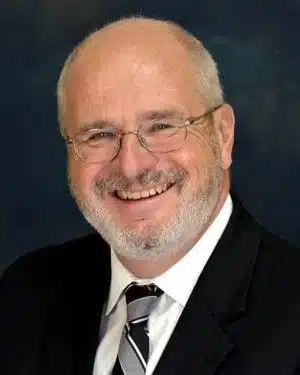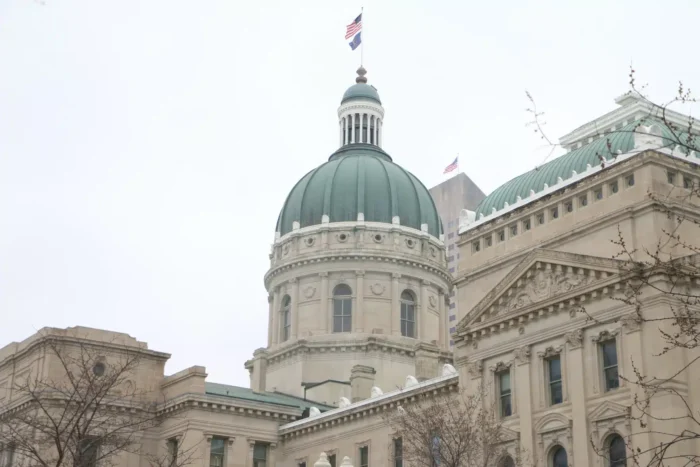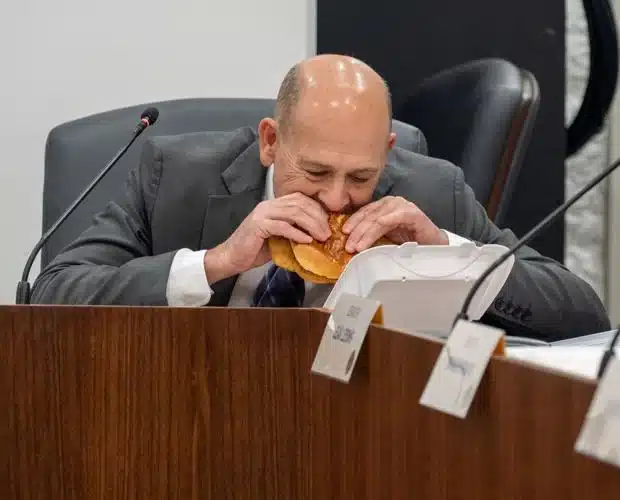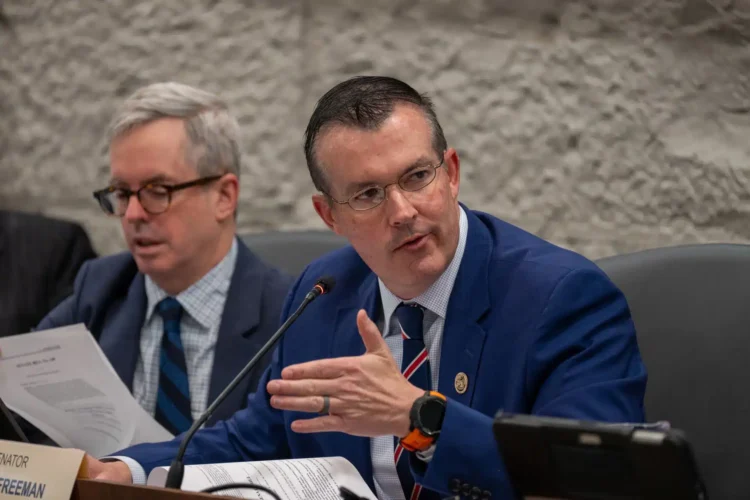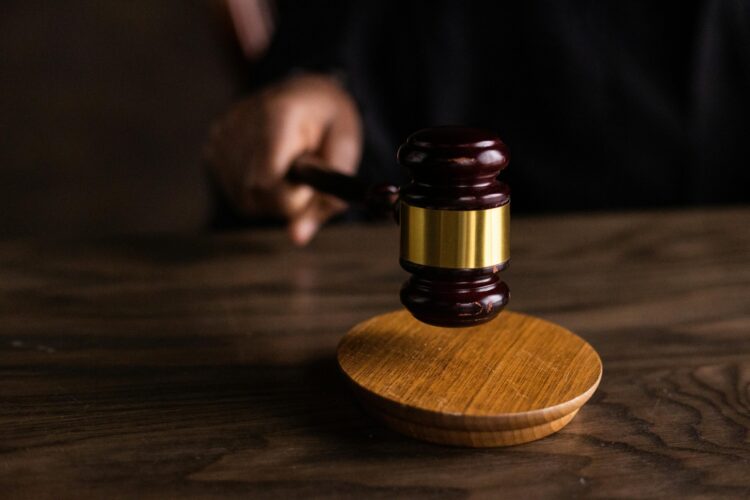On one hand, when his interests are involved, he thinks and argues that the American right to free expression is so all encompassing that it should extend to protecting lying either to the courts or the people of Indiana.
That’s what our attorney general contended in a filing for one of his many, many, many self-inflicted disciplinary investigations. As part of the Indiana Supreme Court Disciplinary Commission’s seemingly endless—and thankless—efforts to coax Rokita into acting like a fully functioning adult, much less an ethical lawyer, the attorney general argued that he shouldn’t be bound by admissions he made in an affidavit.
That he signed under penalty of perjury.
That affidavit came following his foolish and spendthrift campaign to discredit and persecute Dr. Caitlin Bernard.
In 2022, Bernard performed a legal abortion for a 10-year-old Ohio girl who had been raped. Before anyone could ascertain the facts of the case, Rokita ran before the cameras at Fox News and made such outrageous accusations against the doctor that even Fox backed away from them almost immediately.
The facts vindicated Bernard, but that didn’t stop Rokita from making derogatory and inflammatory statements about her. Much legal wrangling ensued, including the first disciplinary investigation into the attorney general’s conduct.
The result was a negotiated settlement in which Rokita acknowledged, through the affidavit, that he’d said things about Bernard that he couldn’t defend. It was an acknowledgment that amounted to an admission of professional misconduct.
In return for that admission, Rokita received the lightest of slaps on the wrist—no fine, no license suspension, nothing more, really, than a polite “tut, tut, tut, please don’t do that again.”
Rokita, being Rokita, didn’t recognize a sweetheart deal when he had one in his possession. He immediately issued a public statement saying that he didn’t mean a word of what he said—again, under penalty of perjury—in the affidavit.
And a fresh round of disciplinary investigations began.
(No one seems to know exactly how many such investigations there are right now. They seem to bloom like weeds during a wet summer.)
To defend himself, Rokita argued that, by insisting that he abide by the same rules of professional conduct all other lawyers do and tell the truth when they’re under oath, the Indiana Supreme Court was violating his First Amendment rights.
The Supreme Court dismissed his argument with one of the most forceful and plain-spoken legal opinions I’ve ever read. As tightly written and cogently argued as Justice Derek Molter’s opinion was, it could have been edited down to a single word.
Hogwash.
The First Amendment doesn’t give the attorney general or any other lawyer the right to lie to the court.
Comes now the same attorney general with a newfound fetish for lists.
He wants to build a list of Indiana educators at the high school and college levels who have said things he considers disrespectful or disparaging about Charlie Kirk, the conservative activist who was murdered in Utah while speaking on a university campus. Rokita wants to use these lists to see that the teachers and professors are punished.
There are at least two things that are ironic about this.
The first is that Kirk was an unabashed proponent of free speech, an intellectual and ideological provocateur and combatant who neither asked for nor granted quarter. He believed in full-throated public discourse.
The second is that Todd Rokita—the man who has spent the past three years and lord knows how many taxpayer dollars trying to evade responsibility for something he acknowledged under penalty of perjury that he said—thinks he has the standing to hold anyone else accountable for anything he or she might have said.
What Todd Rokita is arguing here is that the First Amendment allows him to violate rules of conduct as a lawyer but that it doesn’t protect educators speaking, not in the classroom, but in their private capacities on social media or even with friends at a cocktail party.
Give me a break.
If anyone deserves to lose a job over something he or she might have said, it isn’t some teacher somewhere who was mouthing off, wisely or unwisely, on Facebook.
No, it’s the guy who put his hand on the Bible and said he’d honor the responsibilities of being the state’s lawyer.
Todd Rokita.

